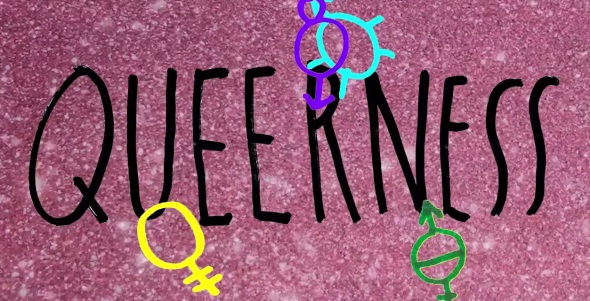Long before I had theoretical or historical knowledge to fully articulate my idea, I always found many aspects of Christian theology to be either contradictory or unusual when recognizing the broader context. Let me explain with a specific example. Lots of thoughts below that some will find uncomfortable but that have been on my mind for years.
Christian theology says that the Church is the bride of Christ. This is a very queer aspect of this theology. (This is not to be confused with Queer Theology, which would be completely different.)
The Church, according to dominant Christian theology, consist of people who have been saved or “born again.” These people are men and women.
Thus, things get interesting. Even more interesting when all of the history and biology and relevant social constructions are factored in.
Specifically, if the Church consist of men and women and the Church is the bride of Christ, who is deemed to be male, we have a situation where the ultimate result is all kinds of blurring and bending of ethical, gender, and sexual mores.
For example, this theology has Christ, the son of the Christian God, marrying a group that consist of both men and women. Here we have manifestations of same-sex marriage, the feminization of men, polygamy, and/or polyamory.
Additionally, aspects of Christian theology hold that marriages are dissolved in heaven and that everyone is brother and sister. So the result, in some ways, is people who were married, become brother and sister (including any offspring they had as humans), and then marry Jesus. In addition to the above, here we have some kind of incestial relationship resulting, added to the fact that Christian theology says that we are all children of God/Jesus and therefore, brothers with Jesus/God.
The above are all ways in which this theology is very queer – weird, abnormal, and depends on a blurring of what is considered normal and what is followed elsewhere.
Of course, there are social constructions involved every step when looking at history and science. We know that marriage is always changing and is brand new, historically, when considered millions and billions of years. We also know that the categories of “male” and “female” are irrelevant and inaccurate when science is recognized.
The above also helps show how problematic any theology is because it depends on applying socially constructed concepts and ideas based on knowledge available in a specific time and place to all times and all places, including those beyond this planet.
Dr. Andrew Joseph Pegoda
